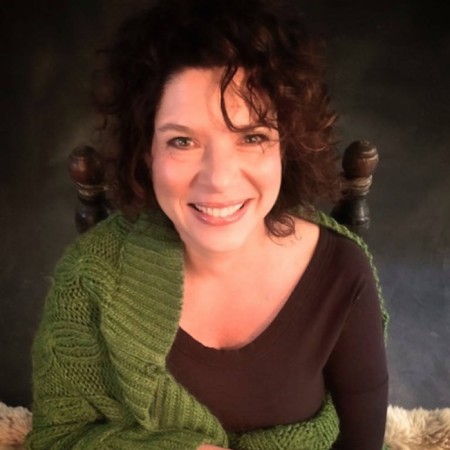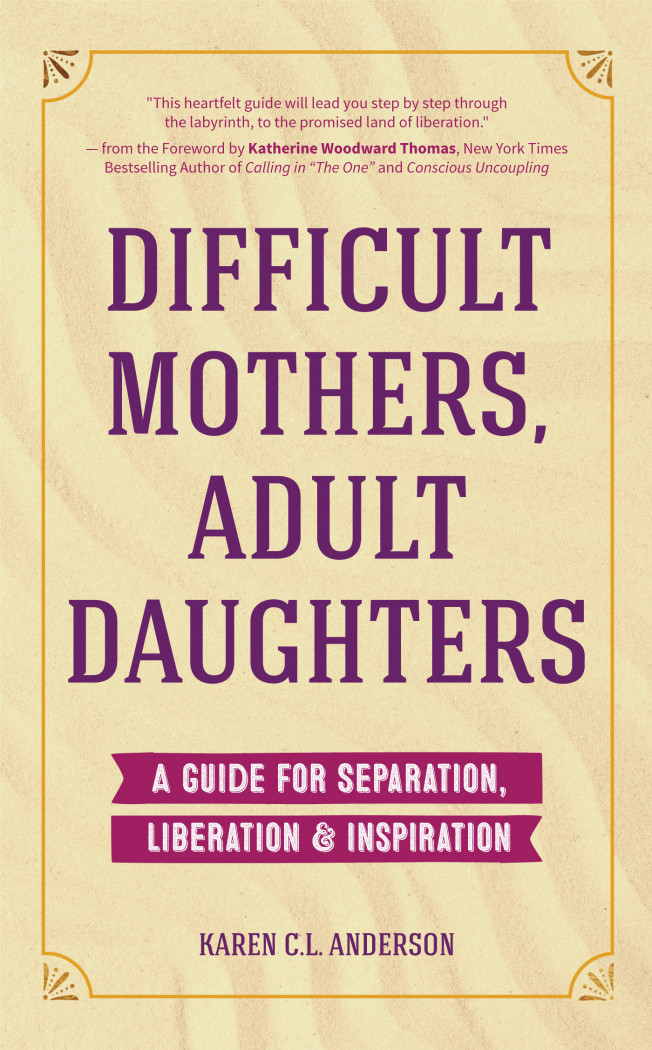One of the most powerful tools we have is our voices.
For many of us, using our voices is fraught with fear.
For many of us, it’s because our mothers were afraid to use their voices and/or they directly and indirectly discouraged us from using ours.
Because deeply encoded in our DNA is this message: if you ______ you will be burnt at the stake.
Here’s the thing: I’m no longer afraid of that.
See the girl in the photo?
1980.
I was 17.
My first college mixer. There was dancing and drinking. I met a boy from the football team. I am pretty sure his name was Joe. He danced with me. He held my hand. He asked me to take a walk with him.
I thought, “I can’t believe it! I’m going to have a boyfriend in college!”
Then he dropped his pants and told me to give him a blowjob. I don’t think I’d seen an actual penis before (well, except for my little brother’s when he was little). So is it crazy to say that I don’t remember if I actually tried? All I know is that he quickly became disgusted with me, either because I had no idea what I was doing or because I wouldn’t do it.
He never spoke to me again.
~~~~~
1988.
I was 25.
Like I did at least once a week back then, I walked into Teddy’s nightclub at the Holiday Inn in Danbury, CT, with my mother, and met a guy.
He was tall, dark, and handsome.
I don’t remember what we talked about. We probably danced. He probably bought me a drink. We might have kissed. Maybe.
He asked me to meet him there again. The next night? Maybe. Whatever. We made a date to meet there again.
I showed up at the appointed time. He didn’t. I waited. In the lobby. Because it was a date. With him. I wasn’t “available” any more. I wasn’t there to meet someone else.
So I waited.
Every time the door opened, I turned, expectantly.
Finally. There he was. An hour late?
He was with some other guys…friends of his. He seemed almost surprised to see me.
He walked into the bar with his friends and I trailed along behind them.
I don’t remember what we talked about. We probably danced. He probably bought me a drink. We might have kissed. Maybe.
And then he said: “Let’s go to a hotel.”
What went through my head consciously: Ummmm…no. That’s what prostitutes do.
What went through my head unconsciously: If I want to have a boyfriend and get married this is what I have to do and because I am not confident and because I don’t know who I am and because I’ve gotten the message — loud and clear — from my family (who got it from the culture at large) that my body isn’t good enough, this is what I have to do even though I was told NOT to do this and it feels shameful.
We drove to a deserted parking lot, got in the back seat and had sex. It wasn’t romantic and it was not great sex.
Then a cop showed up and knocked on the window.
This wasn’t the only time something like this happened.
~~~~~
Another time:
The guy I was “dating” (no, we weren’t dating, we were meeting up to have sex, but I so wanted it to be dating) wanted me to give him a blowjob. I tried. I gagged. He pushed my head down farther. I bit him. He punched me in the face.
~~~~~
Unlike today, there wasn’t any conversation about whether or not I should have expected the sex to be good for me.
And unlike the late 1950s and early 1960s, when my mother was coming of age, having sex outside of marriage was no longer taboo. But it was confusing.
As I grew up, the narrative around sex went like this: “you should wait for marriage to have sex” to “nice girls don’t _____” to “you should be in love with the person you have sex with” to “you’re an adult now…”
What I can say now — with the knowledge and understanding I have now that I didn’t have then — is that sure, I could have left that situation (and others like it) but didn’t — not because I was afraid of physical violence (although that happened a couple of times), but because I was afraid of emotional violence: the ancient trauma that is in the bodies of most — if not all — women.
While I can’t speak for “Grace” in the Aziz Ansari story…
What I can say is that this is why some women have consensual sex that really isn’t consensual (as I understand it today) and why they don’t just leave.
The trauma that comes with the shame and the (at-the-time-unconscious) belief that I was unworthy of having my own desires, preferences, agency, etc. The shame of being confused. The shame because other women wouldn’t have gotten themselves into that position. The shame that came from believing I was desperate, naive, and pathetic. The shame because other women are seemingly much more “evolved” than I am about the subject.
Did I choose to put myself in those situations? Yes. And no.
I wish I better knew how to express the complexity of the situation. We grew up with mixed messages in a culture that teaches boys to be conquerors and girls to be conquests (blah blah blah). A culture that values white men over all others and teaches them that they can grab whatever they want.
A culture that told me that being grabbed was a sign of my worthiness and that if I wasn’t grabbed then something must be wrong with me.
A culture that told boys that if they didn’t grab then something must be wrong with them.
Of course, at the time, I wasn’t aware of the culture. I was like a fish in water, surrounded by something I wasn’t aware of and couldn’t see until I was outside of it.
Is this an uncomfortable conversation to have? Yep. And we’re going to have it.
I’ve seen responses to stories like this that exhort: “Women need to become comfortable saying, clearly and out loud, what they want and don’t want. There’s still a taboo that suggests women can’t express desire, which seems linked to this reliance on ‘nonverbal cues’ to say no.”
True.
And? Men can choose to wake up from their conditioning.
And I know — from my own experience and from working with hundreds of women and hearing their stories — that clearly and comfortably expressing preferences, desires, and needs was not taught or modeled by our mothers (in general) and that clearly expressing preferences, desires, and needs can feel terrifying.
“It does not need to be a crime for it to be worth hearing a woman’s story about her experience of life or experience of abuse of power.” ~ Meredith Holley
We must continue to use our voices and tell our stories.
~~~~~
Other perspectives (each of which includes multiple other perspectives):
#Metoo isn’t enough. Now Women Need To Get Ugly
I am a sexual consent educator. Here’s what’s missing in the Aziz Ansari conversation.


